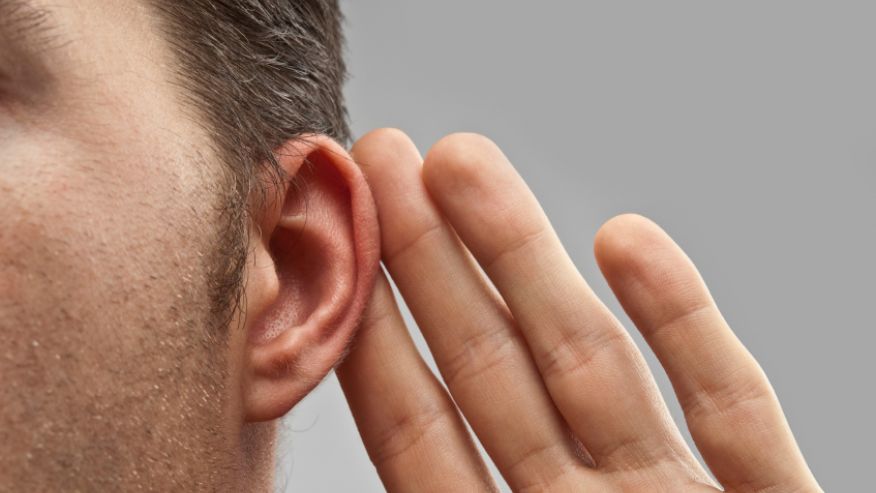Laughter reduces the level of stress hormones like cortisol, epinephrine (adrenaline),dopamine and growth hormone. It also increases the level of health-enhancing hormones like endorphins. Laughter increases the number of antibody-producing cells we have working for us, and enhances the effectiveness of T cells. All this means a stronger immune system, as well as fewerphysical effects of stress.
By Dr. Mercola
There are many studies supporting the belief that people with an upbeat and positive perspective tend to be healthier and enjoy longer lives. For example, in one study, the tendency to always expect the worst was linked to a 25 percent higher risk of dying before the age of 65.
Perhaps one of the most well-known forerunners of “the science of happiness” was Norman Cousins, who in 1964 was diagnosed with a life-threatening autoimmune disease. After being given a one in 500 chance of recovery, Cousins created his own laughter therapy program, which he claims was the key to his ultimate recovery.
Cousins went on to establish the Cousins Center for Psychoneuroimmunology in Los Angeles, California, and his book, Anatomy of an Illness, was made into a TV movie in 1984 that you can see in the video above. It's an old grainy movie. However, you can watch it if you are in a tough spot and feel you would benefit from some happy support.
Still, conventional medicine is reluctant to admit that your emotional state might have any major impact on your overall health and longevity. Perhaps this is understandable, as “happiness” is not something that can be bottled and sold at your local pharmacy.
The featured article in Scientific American discusses some of the latest advancements in the field of psychoneuroimmunology (PNI), conducted by researchers at the Cousins Center and elsewhere.
Fortunately, despite being ridiculed and rejected by mainstream science, there are still a brave few who are willing to stick their necks out to investigate how and why emotions, such as happiness, affect your physical health. As stated by Stephen Smale, an immunologist at the University of California:
“If you talk to any high-quality neurobiologist or immunologist about PNI, it will invariably generate a little snicker. But this doesn't mean the topic should be ignored forever. Someday we need to confront it and try to understand how the immune system and nervous system interact.”
What Happens in Your Body When You’re Happy?
In one of Professor Cole’s happiness studies, participants answered questions about the frequency of certain emotional states, covering two different categories or types of happiness known to psychologists as:
- Hedonic well-being (characterized by happiness gleaned from pleasurable experiences, such as sex)
- Eudaimonic well-being (originating with Aristotle, this form of happiness comes from activities that bring you a greater sense of purpose, life meaning, or self-actualization )
Interestingly, while both are positive emotional states associated with happiness, the gene expressions they produced were not identical. Those whose sense of happiness was rooted in the eudaimonic camp were found to have favorable gene-expression profiles, while hedonic well-being produced gene profiles similar to those seen in people experiencing stress due to adversity. According to the featured article:7
“One interpretation is that eudaimonic well-being benefits immune function directly. But Cole prefers to explain it in terms of response to stress. If someone is driven purely by hollow consumption, he argues, all of their happiness depends on their personal circumstances. If they run into adversity, they may become very stressed.
But if they care about things beyond themselves — community, politics, art — then everyday stresses will perhaps be of less concern. Eudaimonia, in other words, may help to buffer our sense of threat or uncertainty, potentially improving our health. ‘It's fine to invest in yourself,’ says Cole, ‘as long as you invest in lots of other things as well.’”
Stress-relieving strategies have also been shown to have direct, beneficial health effects. Meditation, for example, has been shown to promote antiviral gene activity and reduce inflammatory gene expression. Laughter yoga is also becoming increasingly popular around the world.
Instead of complaining about life's frustrations, try to laugh about them. If something is so frustrating or depressing it's ridiculous, realize that you could ‘look back on it and laugh.' Think of how it will sound as a story you could tell to your friends, and then see if you can laugh about it now. With this attitude, you may also find yourself being more lighthearted and silly, giving yourself and those around you more to laugh about. Approach life in a more mirthful way and you'll find you're less stressed about negative events, and you'll achieve the health benefits of laughter.





Leave a Reply